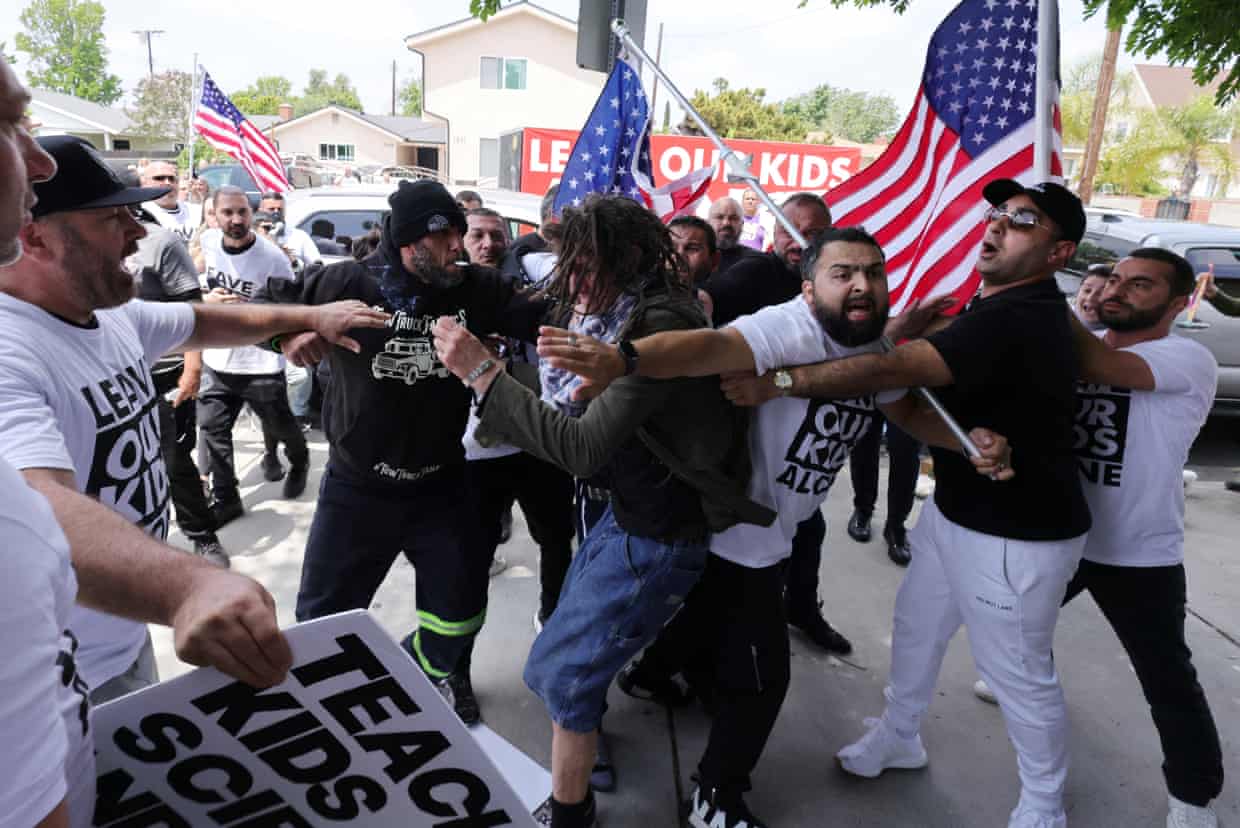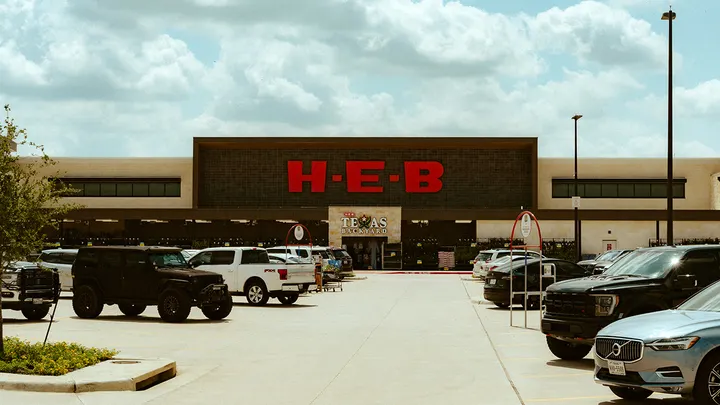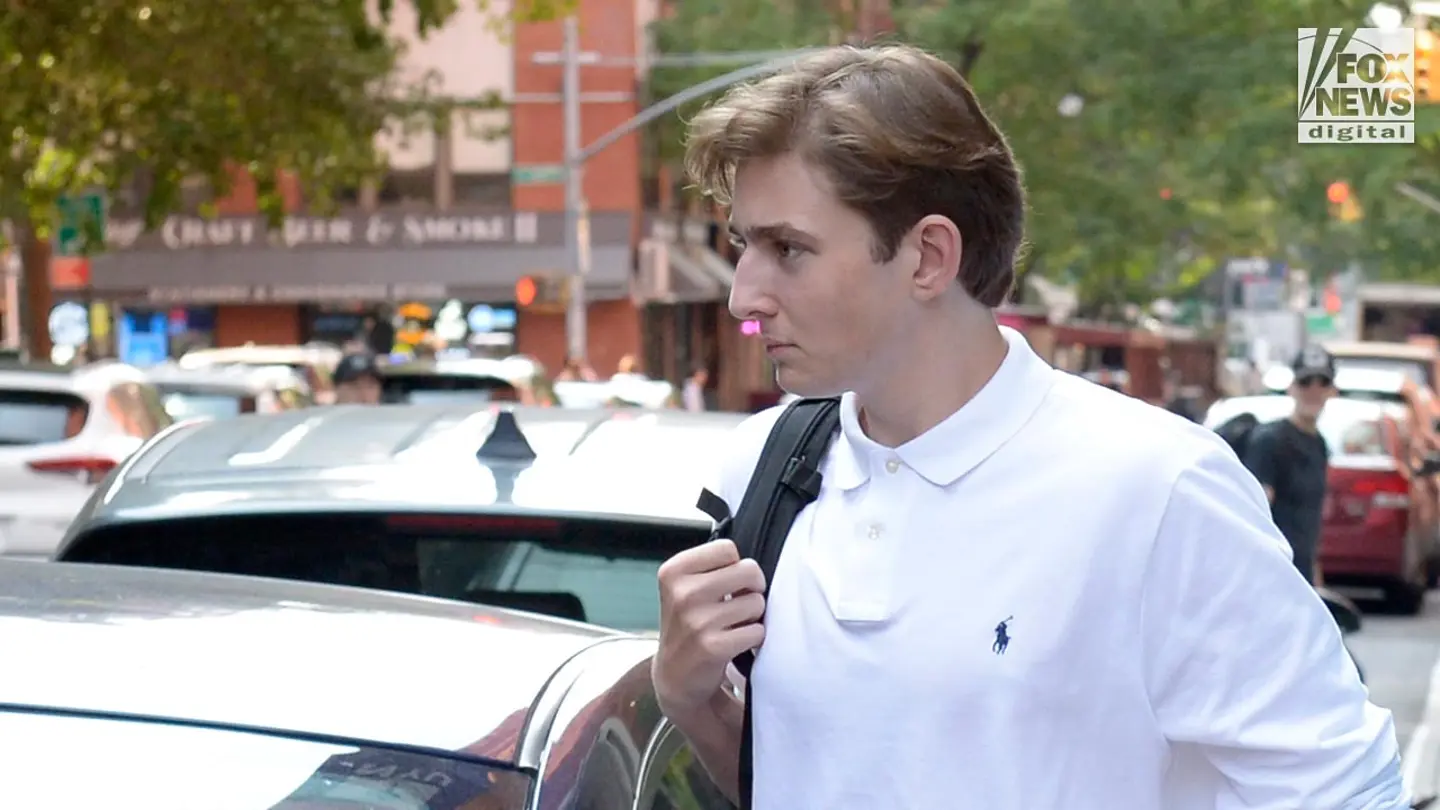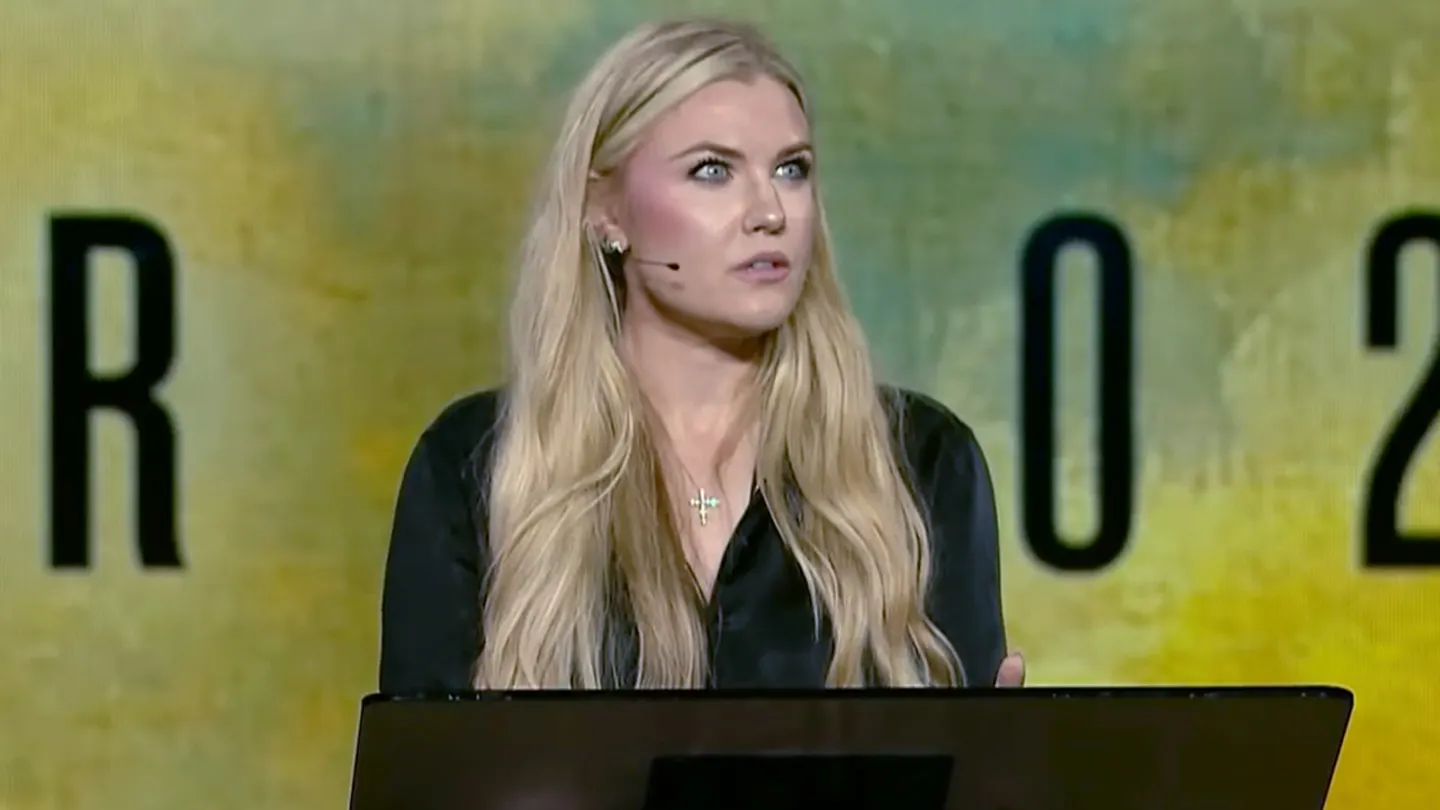The decision to observe Pride did not spark street brawls last year.
Hundreds of furious demonstrators. Police in riot gear. Barricades on the street and helicopters overhead. This was the scene outside a suburban California school board meeting this week, as the board planned to vote on whether the district should officially recognize June as LGBTQ+ pride month.
A year ago, the decision to observe Pride at schools in Glendale, a suburb about 20 minutes from downtown Los Angeles, did not spark street brawls or result in multiple arrests. But this year things were different.
Maebe Pudlo, a trans nonbinary activist and drag queen who has run for US congress in the district, was among those who showed up to the Glendale unified school district’s meeting. She says local advocates supporting Pride were greeted by people calling them “groomers” and “pedophiles”, and were accused of trying to “indoctrinate” children.
Footage of the violent demonstration in Glendale showed groups of men in the streets in identical “Leave our kids alone” T-shirts and crowds of people shoving and punching each other. The Glendale police said their attempts to de-escalate the situation failed, even after arresting three people and they declared an unlawful assembly and ordered the crowd outside the school to disperse.
Though the board ultimately voted to recognize Pride month, as they have done since 2019, the experience was “terrifying”, said Pudlo, who said she has faced a wave of online harassment since. Anonymous accounts are “saying that folk like me should be killed and hanged”, she said. California “is supposed to be a safe state”.
Local journalists and advocates said that multiple rightwing activists with a history of violence were present at the Glendale incident. The unrest came less than a week after protesters and police clashed outside a North Hollywood elementary school during a demonstration over a planned Pride assembly. There, too, protesters were seen wearing T-shirts reading “Leave our kids alone,” and a trailer with a “leave our kids alone” banner drove through the streets.
The rhetoric at the protest was “ugly” and “hateful”, said Reverand Pat Langlois, who attended the North Hollywood demonstration in support of LGBTQ+ families. While she has been to many protests in the past four decades, “This was something different,” she said.
A transgender teacher’s pride flag was previously set on fire at the same school, prompting a police investigation.
“We think of these things happening in the deep south, or in some very conservative rural areas. This happened a few minutes away from one of the epicenters of gay liberation,” said Roland Palencia, a co-founder of Gay and Lesbian Latinos Unidos, and a longtime activist in Los Angeles.
“Our allies – they need to speak out,” Palencia added. “This is the time when they need to say, ‘Enough is enough.’”
On 6 June, the Human Rights Campaign (HRC), an advocacy group, announced that it was declaring a “state of emergency” for LGBTQ+ people in America, hoping to galvanize politicians and other allies to take more action to defend queer people amidst an “unprecedented and dangerous spike” in legislative assaults, as well as literal ones.
So far this year, HRC has documented nearly 20 different acts of intimidation targeting Pride and drag events across the US, from violent protests to bomb threats to extremists showing up to children’s drag story hours.
More than 500 anti-LGBTQ+ bills have been introduced across the country, with at least 76 signed into law as of early June – the most of any year on record – and more than twice the number of anti-LGBTQ+ laws passed last year, the organization said.
The majority of these bills target trans people, especially trans youth, with a focus on laws “that make it impossible for transgender minors to be able to access medically necessary, best-practice gender-affirming care”, said Sarah Warbelow, HRC’s vice- president of legal policy. Some of these anti-trans laws target healthcare workers, attempting to criminalise them if they try to provide gender-affirming care, and many “are going after the parents of transgender children, as well”, she said.
There has also been “an incredible uptick” in bills “that would make it impossible for school personnel to support LGBTQ+ youth in classroom”, she added, from Florida’s “don’t say gay” law, to attempts to force schools to out students to their parents in the name of parental rights.
Under “don’t say gay” laws in public schools, many teachers “feel that they can no longer be open about their sexual orientation or gender identity and they have to hide who they are out of fear that a parent will single them out, target them, sue their school”, Warbelow said.
Because of federal civil rights protections, teachers might ultimately win those lawsuits, but that doesn’t matter, Warbelow said: “Many folks feel like they don’t have a meaningful choice, even if the law technically protects them.”
Just three years ago, a surging QAnon conspiracy theory movement claimed that Democrats and other elite figures were torturing and violating children as part of satanic rituals, lurid allegations that helped galvanize the January 6 attack on the US capitol.
Now, those same kind of political “conspiracies” are being applied to LGBTQ+ people, Bamby Salcedo, the president of the TransLatin@ Coalition in Los Angeles, noted.
As cities across the country roll out Pride parades, marches and parties, meant to commemorate the June 1969 uprising against police violence at the Stonewall Inn in Manhattan, many people are on edge, worried about increased harassment or being the targets of deadly attacks.
During Pride month in June 2016, a gunman opened fire at the Pulse Nightclub in Orlando, Florida, leaving 49 people dead in what is still one of the deadliest mass shootings in US history. Last November, Club Q, an LGBTQ+ bar in Colorado, which was hosting a drag event, was the target of another deadly shooting which left five people dead and 17 wounded.
Despite the political atmosphere, many LGBTQ+ Americans say that, while they’re paying more attention to their safety in public, they do not want to give up on Pride events.
“We need to be reminded that we are beautiful and resilient people,” Salcedo, the president of the TransLatin@ Coalition, said. “We are not going to let all this negativity take us away from celebrating ourselves and letting the world know that we exist.”
After decades of advances, including winning the legality for same sex marriage, many LGBTQ+ Americans, especially those in more Democratic states, had come to think of their fight for equality as a linear and unbroken march of progress, Palencia said.
“What we’re realizing is that there are going to be more twists and turns for us to get to full recognition as citizens and as human beings,” Palencia said. “The reality is that the hate never went away.”




